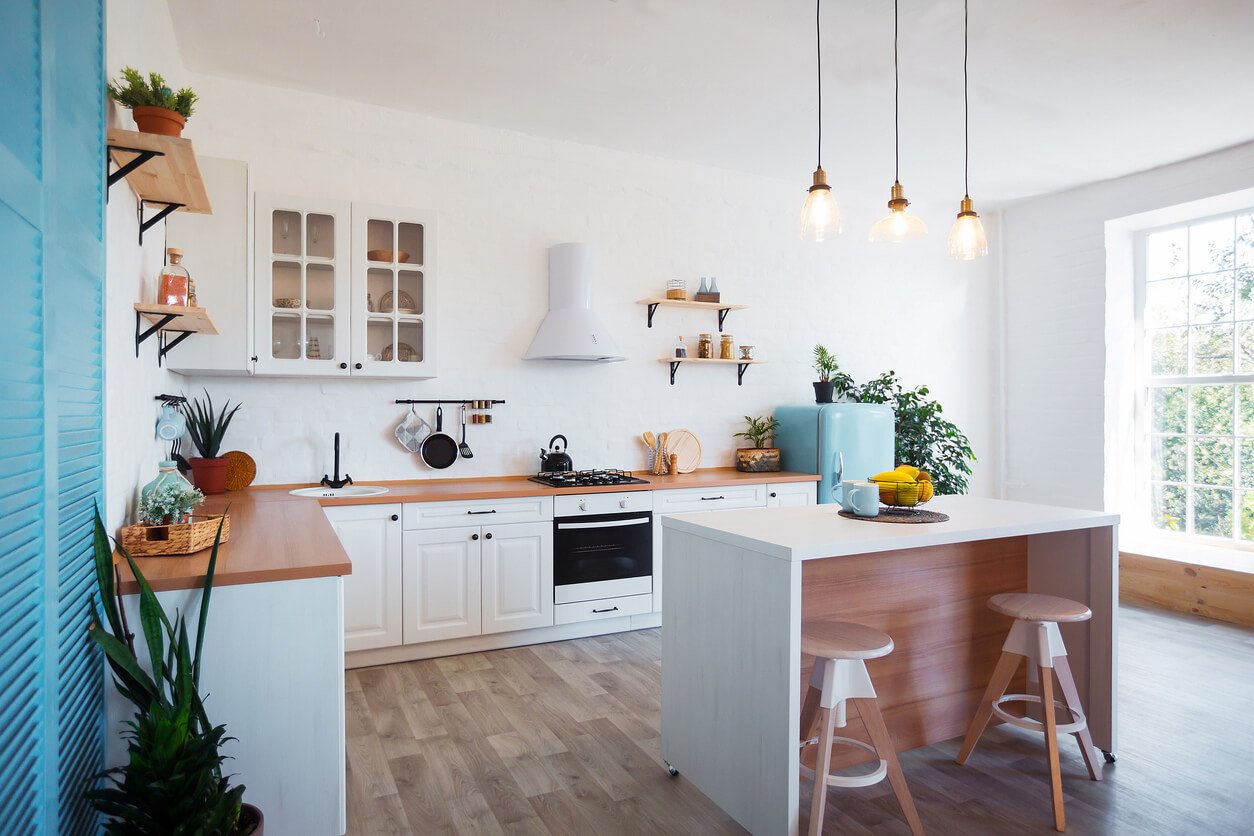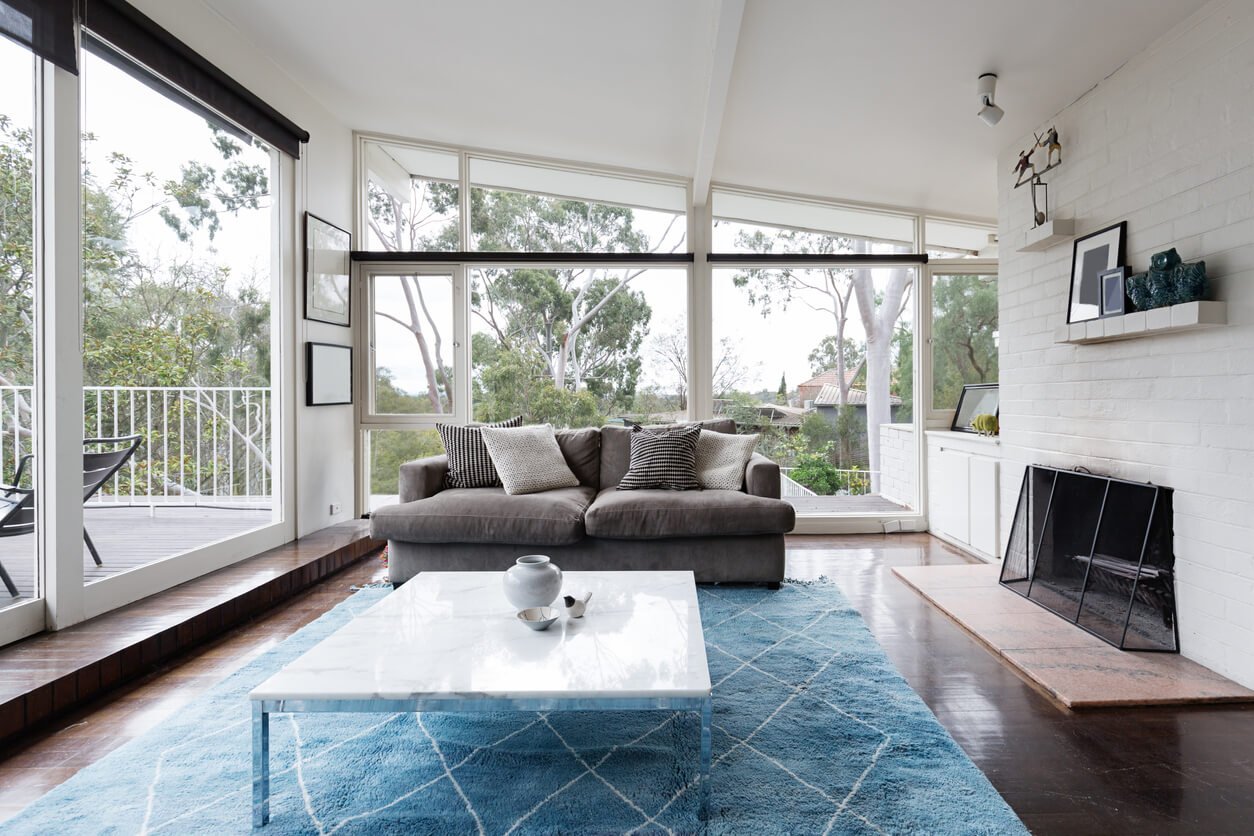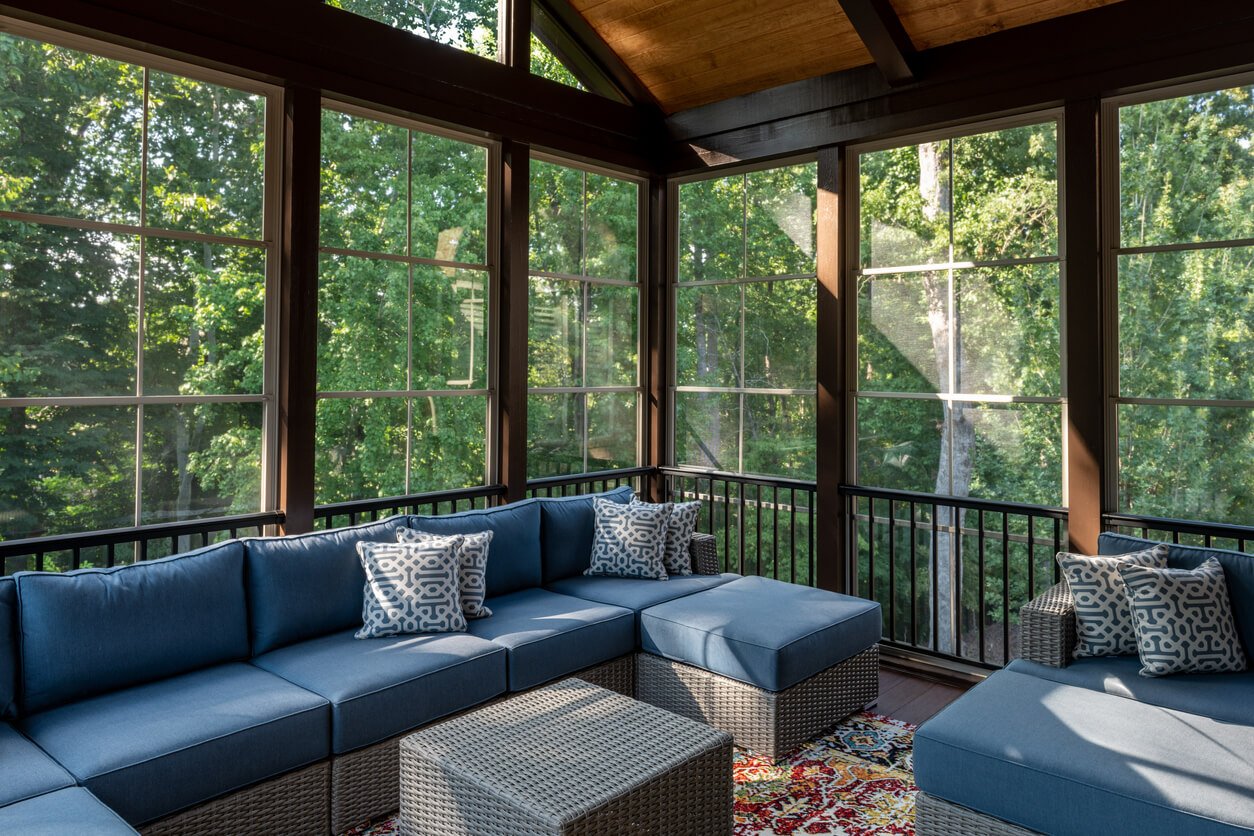LKV Flooring is one of the leading flooring companies in Brisbane that specialises in the installation of timber floors. The company has a team of experienced professionals who are highly skilled in the installation of timber flooring in Brisbane. They use the latest tools and techniques to ensure that the installation is done to the highest standards, ensuring a perfect finish every time. The company also uses only high-quality materials for all its installations, which means that the finished product is durable and long-lasting.
The company is known for its attention to detail and customer satisfaction, and they go above and beyond to ensure that their customers are happy with the final product. They offer a wide range of flooring options to choose from, including different types of wood, finishes, and stains, allowing customers to choose the perfect flooring solution for their home or business.
Overall, LKV Flooring is the best installer of timber flooring in Brisbane due to their commitment to providing high-quality products, exceptional customer service, and their expertise in the installation of timber flooring.















